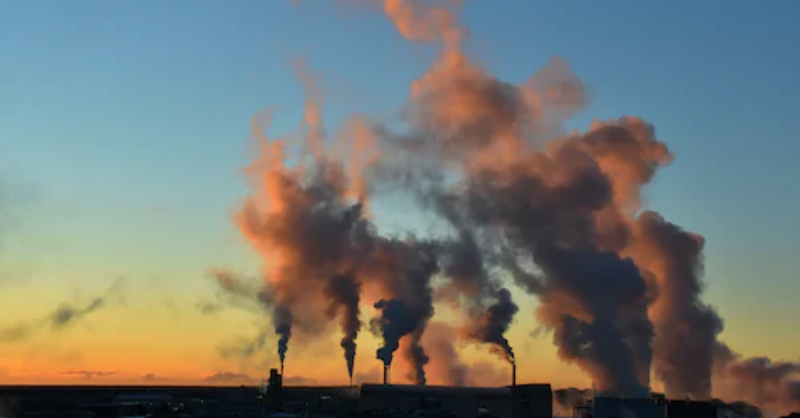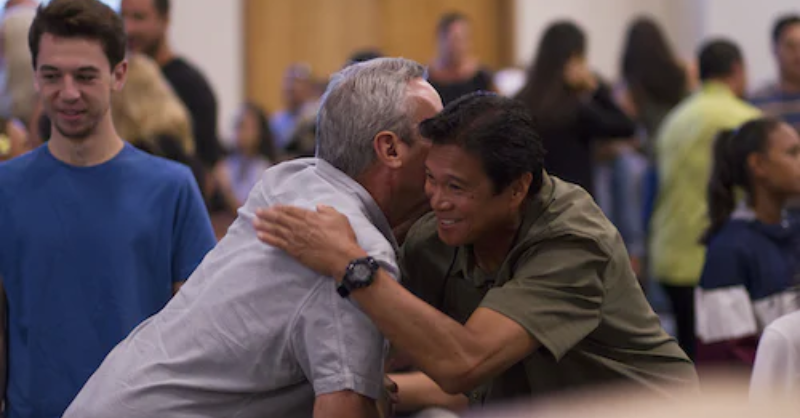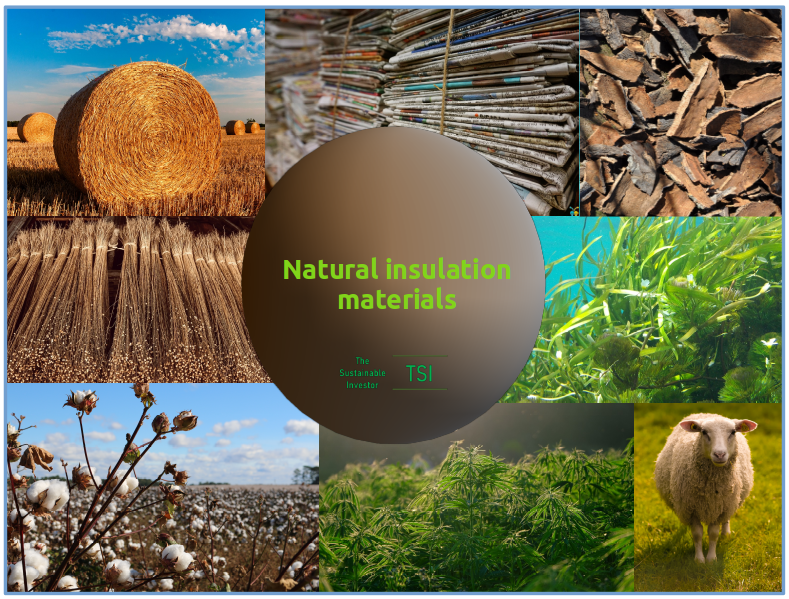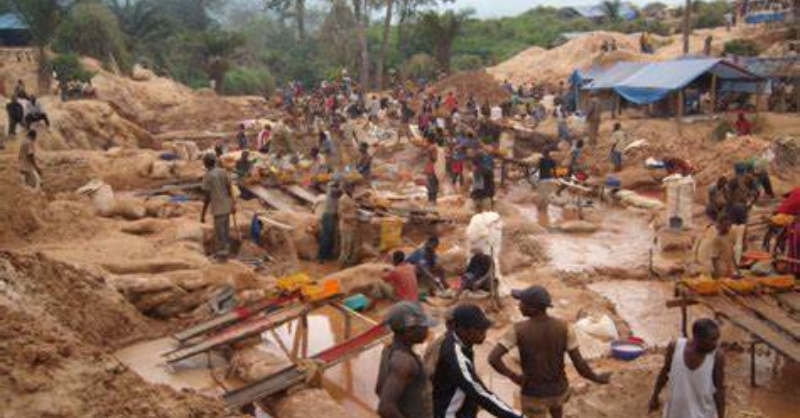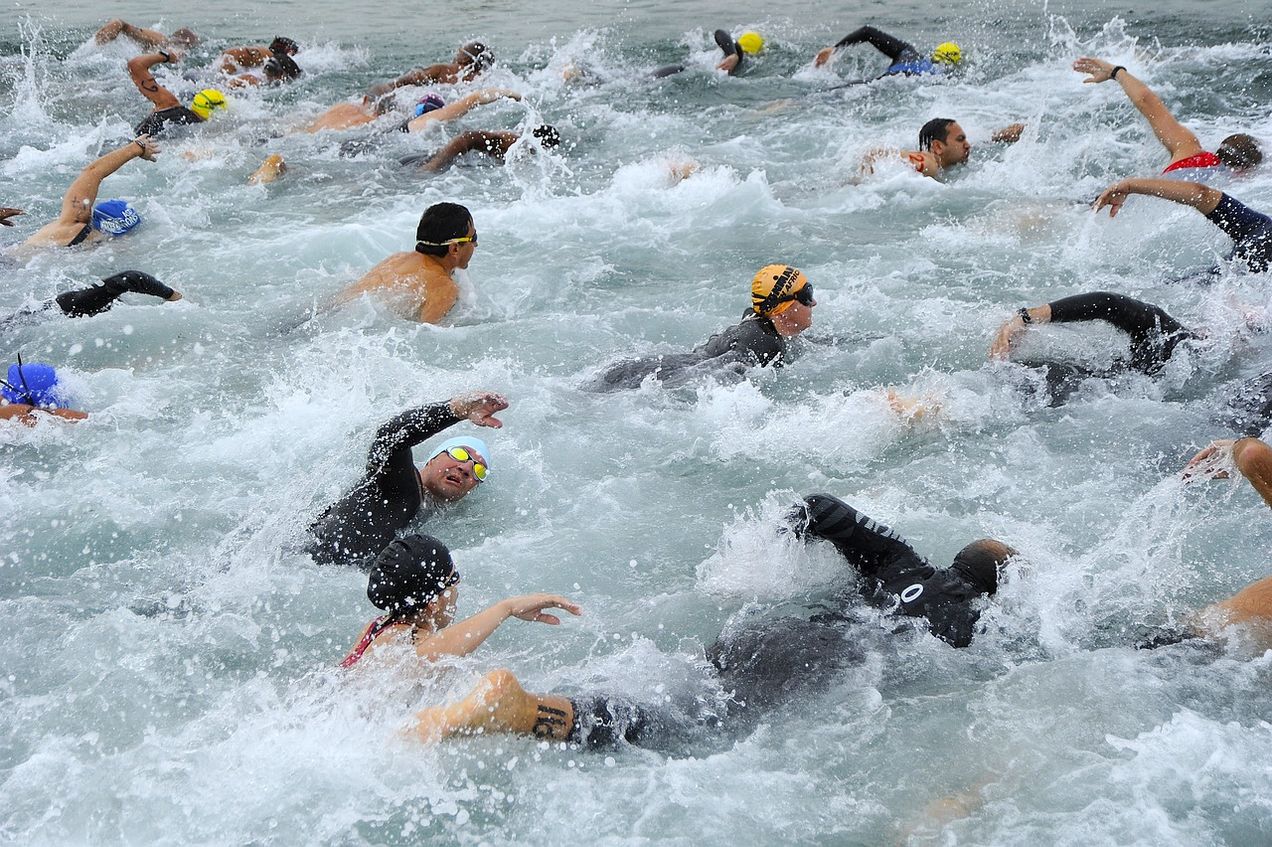Geothermal electricity - power from the earth's heat
Geothermal electricity generation is currently (very) niche, only working in a few locations, and even then its expensive. But that is changing. New technologies offer the opportunity for it to be a financially viable balance to the variability of wind and solar.
Sunday Brunch: the values-behaviour gap
Understanding human behaviour is critical to all aspects of sustainable investing. If we don't know why people do things, we cannot get them to change. And if they are not going to change, we will need to rethink how we make company business model's sustainable and financially viable.
How do nature's insulation materials compare?
Nature has provided insulating materials in the past, but modern technology could mean a return to the mainstream for a more sustainable option.
Formalisation - the answer to artisanal mining?
One solution is to formalise the ASM sector, making it possible for the miners to legally earn a living. This is a good solution, but we need to recognise that each location has its own specific challenges - there is not a single catch all solution.
What do ducks have to do with revenues from solar?
Solar is probably going to become our core renewable electricity generation technology. It's simple, it works in lots of situations, and it's getting cheaper. One challenge we need to face up to is 'too much of a good thing', when our solar panels all produce their maximum output at the same time
Sunday Brunch: DEI and the importance of the swim leg
We previously discussed some excellent research by Alex Edmans (London Business School), Caroline Flammer (Columbia University) and Simon Glossner (Federal Reserve Board) looking at Diversity, Equity and Inclusion (DEI). They sought to identify what the determinants of a DEI environment in the workplace are and then looked at the consequences
Choking hazard - the link between air pollution and health
The drive to lower emissions has been focused on slowing global warming. The impact of emissions - which are really pollutants - on our health is as important.
What investors can do to improve our soil (and why)
Investors need to care about the state of our soil. It's not a problem taking place 'over there'. It impacts us directly, via the food we grow on the soils in our home region, and indirectly, through the food we import. Impacting the supply chains of all companies in the food industry.
Nature insulating us from energy inefficiency
Insulation has been used for centuries to slow down the movement of heat in and out of buildings. One or a combination of several materials can be used as insulation. Nature provides some sustainable options.
Healthy soil elsewhere drives our economy.
Europe relies on the world for it's imported low value agricultural raw materials. Which means that our way of life is supported by soil health, not just within our own region, but globally.
Sunday Brunch: getting financial people to listen
Understand who your customer is, what they care about - that is the way to think about innovation - David Robertson, MIT Sloan This might seem a strange way to start a discussion about how sustainability professionals can get finance people to listen. But if you think about it, as
Why relying on the 'diversity tick box' doesn't work
The common view on what Diversity, Equity and Inclusion (DEI) actually are is challenged by excellent research from Edmans, Flammer and Glossner. That's a good thing. It means we can focus on the right actions.

